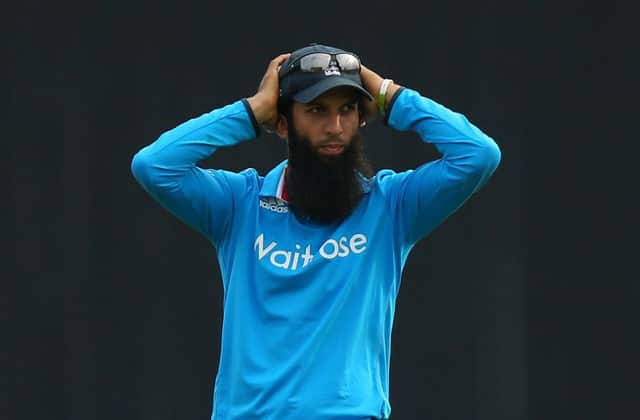Yorkshire university academics study why interest in one day cricket is fading


A new report by university academics casts doubt over the future of the format which it said could be “left in no-man’s land” between test cricket and the shorter T20.
The research, which involved Sheffield University, is said to have revealed the main reasons for “spectators’ dwindling enthusiasm” for One Day Internationals (ODI)
Advertisement
Hide AdAdvertisement
Hide AdWith England and Wales set to host the next Cricket World Cup, researchers have warned that fans have little appetite for one-sided thrashings – even if their own team wins.
Research found many are not even interested in whether their own side is good or bad and instead prize drama over quality, preferring close matches with uncertain outcomes.
The study authors suggested pushing for cricket to be an Olympic sport could help improve the number of strong teams worldwide. However it also said that T20 was more likely to be the format used in the Olympics.
The findings, based on an analysis of almost 35 years’ worth of data, come amid controversy over the World Cup’s structure and fears over growing inequality in the sport.
Advertisement
Hide AdAdvertisement
Hide AdOnly 10 teams will take part in the 2019 World Cup – down from 14 in 2011 and 2015 – which is likely to mean fewer of the game’s lesser lights will feature in the tournament.
Economists from Sheffield and Nottingham universities studied more than 500 one day internationals played in England and Australia between 1981 and 2015.
They examined variables including attendances, team strength, outcome uncertainty and even spectator wages to identify trends in demand for 50-overs-a-side matches.
It was found that in England ODI fans most value uncertainty – unlike Test match spectators, who, according to earlier research, are driven mainly by team quality.
Advertisement
Hide AdAdvertisement
Hide AdThey also found attendances in England rise as income increases, whereas in Australia richer consumers tend to abandon cricket in favour of more expensive sports.
Co-author of the study Dr Ian Gregory-Smith, of Sheffield’s University’s Department of Economics, said: “The organisers of the World Cup face a significant challenge over one-sided matches. If the tournament is to be a success then careful thought must be given to its structure, because consumer appetite for predictable fixtures is undoubtedly limited.”
Professor David Paton, of Nottingham University Business School, added: “There isn’t necessarily a problem with having ‘minnows’ at the World Cup. If two of the smaller nations were to play each other, for example, then they ought to produce a close contest – which, according to our findings, is what fans want to see.
“But the authorities have to be careful to minimise the number of fixtures with too big a difference in team quality, otherwise overall attendances are likely to be poor.”
Advertisement
Hide AdAdvertisement
Hide AdStudy co-author Dr Abhinav Sacheti suggested the research could have long-term policy implications for the game’s ruling body, the International Cricket Council.
He warned that ODIs might eventually be left in a “no man’s land” between Tests and the 20-overs-a-side T20 format, whose own World Cup will take place this month.
“Ultimately, everything points towards the importance of investing in developing cricket in the ICC’s less familiar associate and affiliate member nations,” said Dr Sacheti.
Professor Paton added: “An obvious route – albeit one the ICC has ignored for years – is to push for cricket to be included in the Olympic and Commonwealth Games. Apart from the raised profile this would bring, many national sporting authorities prioritise funding for Olympic sports. This would help the minnows get bigger and better. Unfortunately from the ODI point of view, it’s widely accepted that the only viable format for Olympic cricket is T20.”